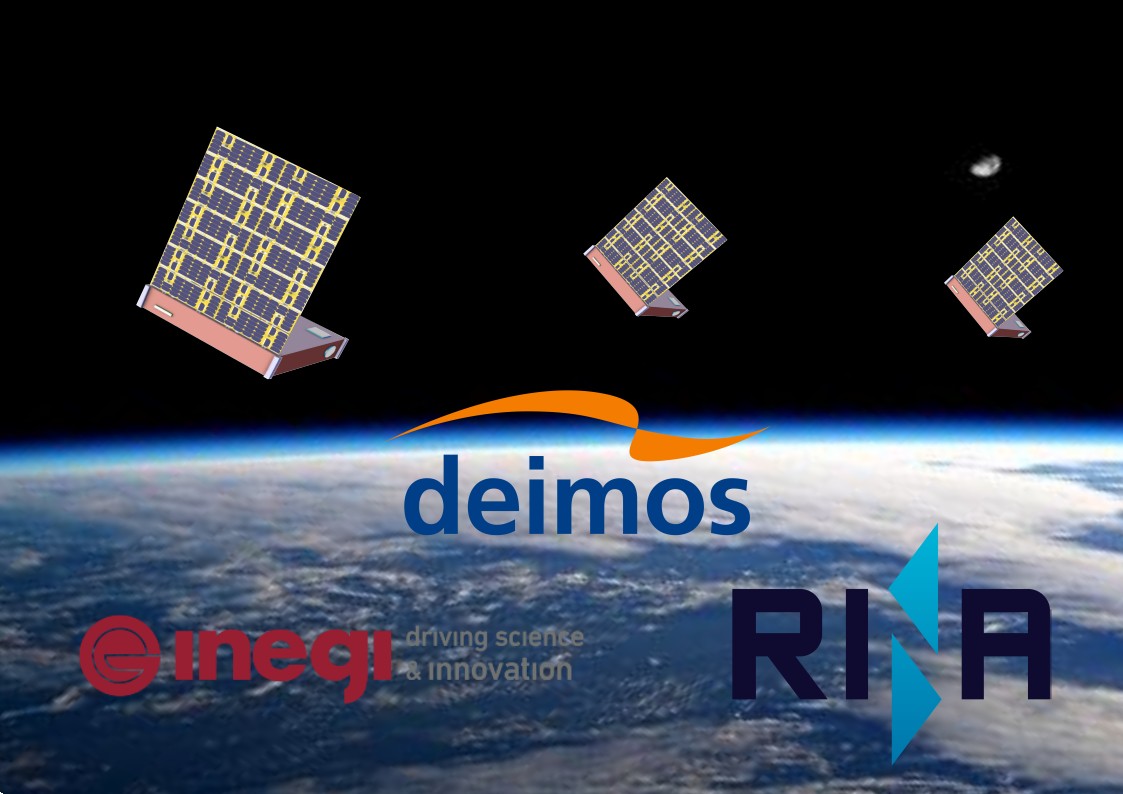This project aims to develop an eco-friendly improved version of DEIMOS's LEO SAR platform for EO constellation, reducing environmental impact without compromising performance, cost, or feasibility through modification of the current design. These improvements target the minimisation of environmental impacts by 20-40% across key indicators, including global warming potential, energy consumption, and mineral resource depletion. The study is based around assessing the gains from different modifications and engineering practices which will be compared though a LCA analysis. The focus is on recurrent components as their ecological benefits scales with the constellation size, but some non-recurrent activities will also be reviewed. Due to new space philosophy, different strategies will be used for COTS (where modifications and information are limited) and on ad-hoc components (where the whole design/manufacturing process is understood).
Some of the possible modifications include material modifications for improved sustainability; COTS selection based on supplier and logistics analysis; alternative manufacturing techniques; generative design methodologies; minimising the number of manufacturing, assembly, integration and testing steps. This analysis will serve as input to select the most promising eco-design improvements for the EcoStar platform, while having the least impact on its performance. Additionally, a preliminary market and business analysis will outline the commercial viability of the EcoStar platform, meeting the same market demands as the baseline platforms while maintaining launch by 2030. The aim is to align with ESA's objective of sustainable space and reducing risks associated with evolving environmental regulation. The proposed EcoStar platform can further be used as a baseline for similar satellites, and their constellations, development with enhanced environmental footprint, removing some scepticism over such practices.

